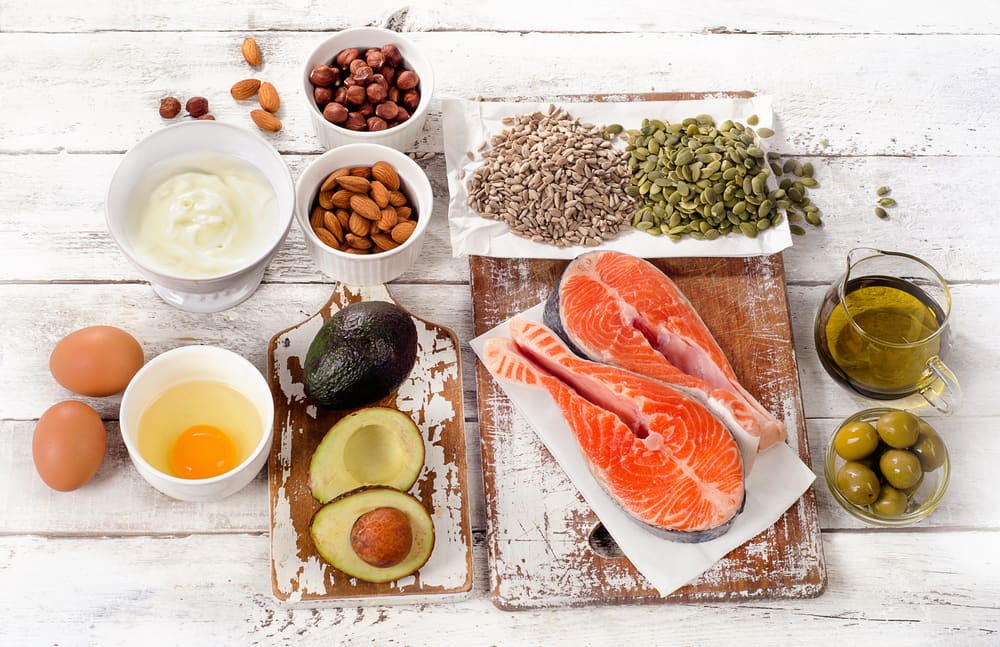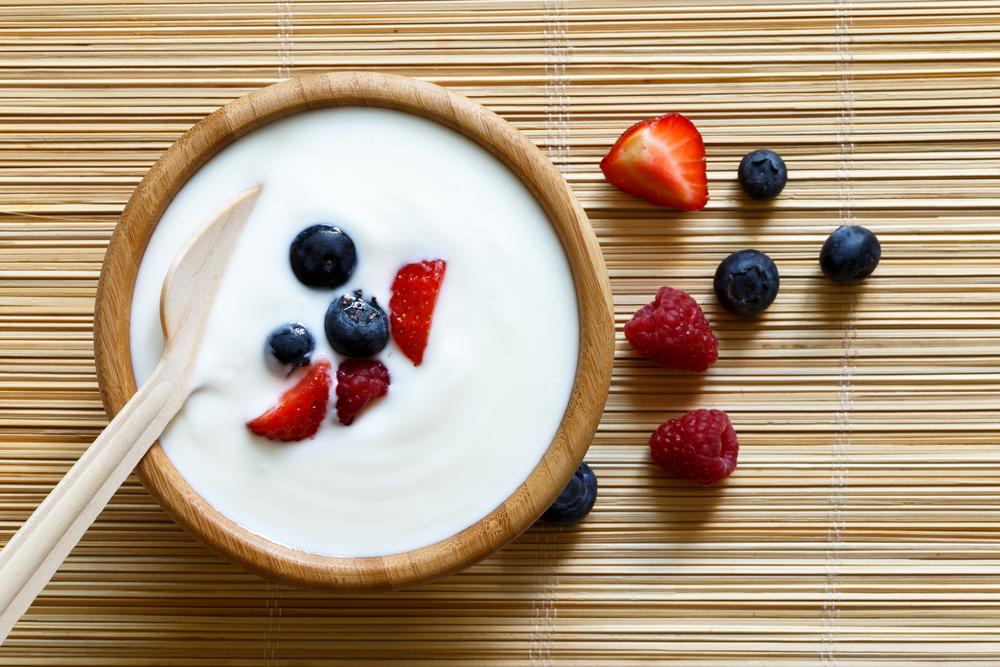Contents:
Medical Video: 9 Strategies to Stop Overeating
Some of the things that you do - or don't do - every day may be the reason why your efforts to have a healthy body continue to fail. Eating a bag of potato chips while watching TV or eating plates of food during a party if done occasionally may not cause significant harm. However, when done repeatedly, eventually developing into a habit.
Unhealthy eating habits are one of the main risk factors for a variety of chronic diseases, including heart disease, cancer, diabetes, and other health conditions associated with obesity.
Types of unhealthy eating habits
If you want to stop unhealthy eating habits, you first need to find out what your habits really are. Here are some common unhealthy eating habits that you should learn to avoid.
1. Eat blindly
Eating large portions at once is an unhealthy eating habit that you should avoid. Do you tend to skip lunch then eat a lot the next time for revenge? Do you fill your stomach with junk food on weekends after a full week on a strict diet? Do you often eat out of bounds to be very satiety? These are signs that you have a binge eating habit (distinguished by a binge eating disorder).
You may want to train yourself to eat small portions throughout the day to avoid binge eating. Also, try to exchange your large dinner plate for small plates (cup placemats, for example), and never eat directly from containers or packaging.
2. Snacking at midnight
Occasionally snacking at midnight when you wake up hunger is okay, but if you don't get to sleep without snacking on a plate of chocolate cake or a bowl of ice cream first, then you can risk yourself for drastic weight gain.
This idea is supported by a study from Northwestern University, reported by Everyday Health that actually not only What the one you eat in the middle of the night makes the problem accumulate more, but also When You eat. The researchers suspect that the longer the interval between meals allows the body to process food more efficiently. Another reason, you can sleep better: according to the National Institutes of Health, late night snacking makes it difficult for you to sleep because your body will be busy digesting food.
After dinner, instill in yourself to think that the kitchen also has a time to open and close at night like a restaurant. And brush your teeth - clean teeth and mouth will reduce the desire to eat again. If cravings still continue wait 10 minutes. If you are really hungry, take something small, like a cheese block or a piece of fresh fruit.
3. Snacking all day
This is one of the many bad habits many people have: endless snacking, high-calorie foods and full of empty carbohydrates. A recent study at the University of North Carolina found that it was not only a problem for adults: children snacking on junk food more and more often, including packaged potato chips, soda, and sweets.
Snacking may, as long as it's smart to work around it. Don't let yourself see what you don't want to eat. Help yourself and keep all kinds of junk food out of your visibility and reach. Keep healthy foods like rujak, salad slices of carrot and cucumber, popcorn (without butter and salt), yogurt, and almonds, for example, remain within reach. If you are storing snacks at home, keep them in a refrigerator or locked cabinet; remove the apple and arrange it neatly at the dinner table.
To cut your salt intake even more, try to increase the taste of home-cooked foods with herbs and spices rather than adding salt and salt.
4. Skip breakfast
Breakfast is believed to be the most important meal time of the day, but there are still many people who actually make "fasting" breakfast a habit. If you have to rush to work in the morning or prepare your children for school, it's easy to ignore breakfast.
Skipping breakfast will not only drain your energy for the whole day in the future, but also may make you more susceptible to continuous snacking throughout the day. Skipping breakfast will also disrupt your body's metabolism, causing you to burn fewer calories. So, if you are trying to lose weight, skipping breakfast is not a good idea. Breakfast gives you the extra energy boost you need to go about your daily routine. Without this fuel, chances are, you will only overeat later.
Mix a bowl of warm oatmeal decorated with slices of colorful fruit or ready cereal with fresh milk in the morning after the beginning of a good day. A piece of sandwich with peanut butter isn't a problem.
5. Eat emotions
Emotional eating, or eating during stress, is another common unhealthy eating habit that you should avoid. This happens when you are driven by certain emotions to eat even if you are not very hungry.
You just had a bad day at the office, and when you got home, you opened the fridge and ate - not a good diet strategy. If you are like most people who easily eat when emotional, then you might reach junk food as a mechanism to overcome your emotions. A number of studies confirm that emotions, both positive and negative, can cause people to eat more than they should, easy obstacles in your weight loss efforts.
To overcome this, try to find other ways to channel your stress and negative emotions. Do hobbies or spend quality time with close friends.
6. Eat while watching TV
If you eat while watching TV, have lunch at a desk while working, or even while cooking, then you also develop unhealthy eating habits. When you eat while doing other things it's not just eating habits without thinking (mindless eating) what to worry about, but also your weight.
When you eat while being preoccupied with other activities, you cannot measure how much you eat, which causes you to eat too much beyond your full limit without realizing it.
Try to set a schedule and a special place to eat and make sure you can only eat at that place, not in other places. For example, at home, eat only at the dinner table. Also, take a little time in front of the screen to take a break and turn your attention off the screen. Wake up and walk every 15-30 minutes. When your favorite workday or TV show ends, remember to be careful to monitor what you consume so you don't fill yourself.
7. Eat too fast
Eating food in a hurry, whether it's a snack or a big meal, doesn't give your brain enough time to catch up with your stomach. The signal of satiety will not begin to be sent by the brain until 15-20 minutes after the first bite. If you get your lunch in less than 10 minutes, you can eat more than what your body actually needs. In a study of 3,200 men and women, Japanese researchers found that eating too fast was closely related to being overweight.
To slow down your meal, really put your cutlery between bites, take a smaller portion of the bribe, and make sure to chew the food thoroughly. In addition, drinking water during a meal will also help you slow down and feel more full over time.
READ ALSO:
- How Healthy Is Being a Vegan?
- 3 Most Popular Types of Tea and Their Benefits for Health
- Chia Seed, Super Food Antidote to Various Diseases












